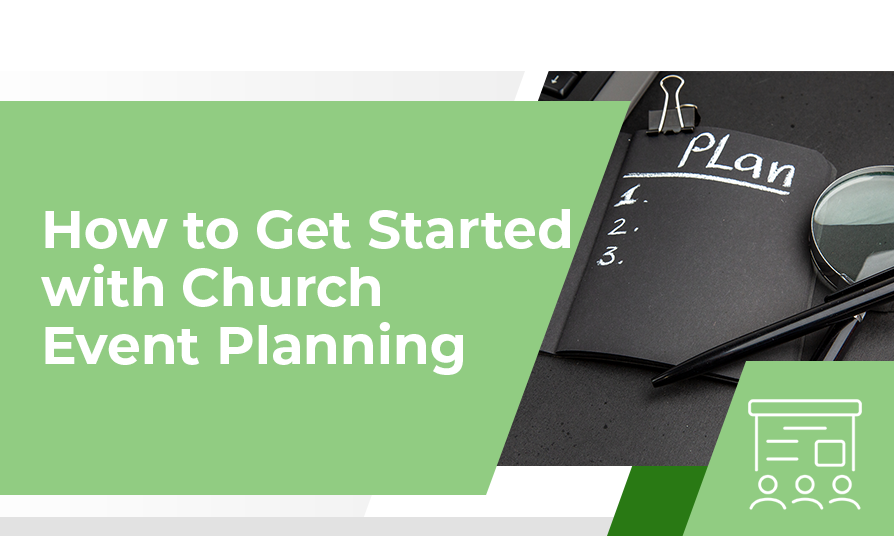How to Quickly Plan an Amazing Vacation Bible School
Vacation Bible School brings kids together every summer for a fun-filled week of adventure, crafts, and learning God’s Word. If your church is offering its own program this year, here are a few steps on how to pull off an amazing VBS even if you haven’t started planning yet. Step #1: Decide on the Basics …
How to Quickly Plan an Amazing Vacation Bible School Read More »


